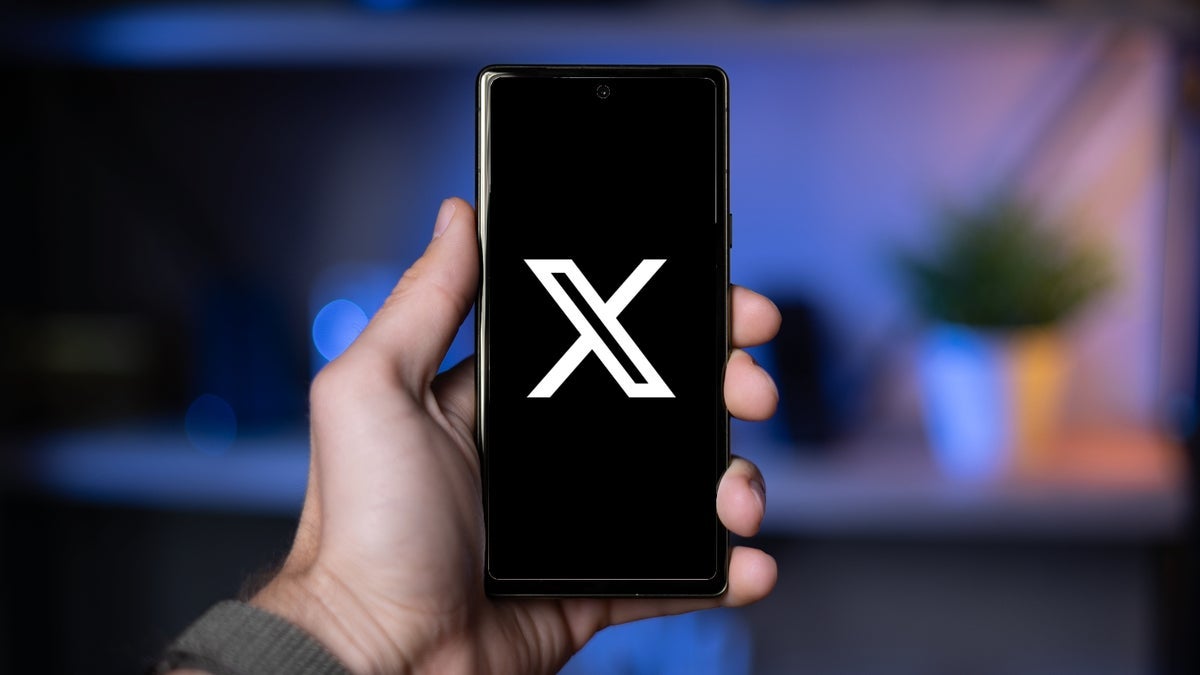It seems that the platform’s approach to paid verification is what is bothering the EU. Regulators say the practice “deceives users” and does not correspond to industry practice. The issue seems to be that since anyone can get a blue check-mark, it’s difficult to determine the authenticity of accounts. Also, there is, reportedly, evidence of bad actors using check-marks to trick people.
Paid check-marks seem to lead to an increase in scams and spam.
On top of that, the EU believes that X has a lack of advertising transparency. The EU claims that the tech giant doesn’t have a reliable, searchable ad repository. The EU says that X violates the DSA by failing to give researchers sufficient access to public data. According to the Commission, researchers are dissuaded from carrying out projects or forced to pay high fees to do their research.
Back in the day, Blue Checks used to mean trustworthy sources of information. Now with X, our preliminary view is that they deceive users and infringe the DSA. We also consider that X’s ads repository and conditions for data access by researchers are not in line with the DSA transparency requirements. X has now the right of defense — but if our view is confirmed we will impose fines and require significant changes.
-Thierry Breton, EU’s internal market commissioner
If the Commission finds that X is guilty, it can be fined up to six percent of its global annual revenue, which should be a pretty big sum. Also, the EU could direct X to ensure compliance with the DSA and impose further fines if the company fails to do so.

